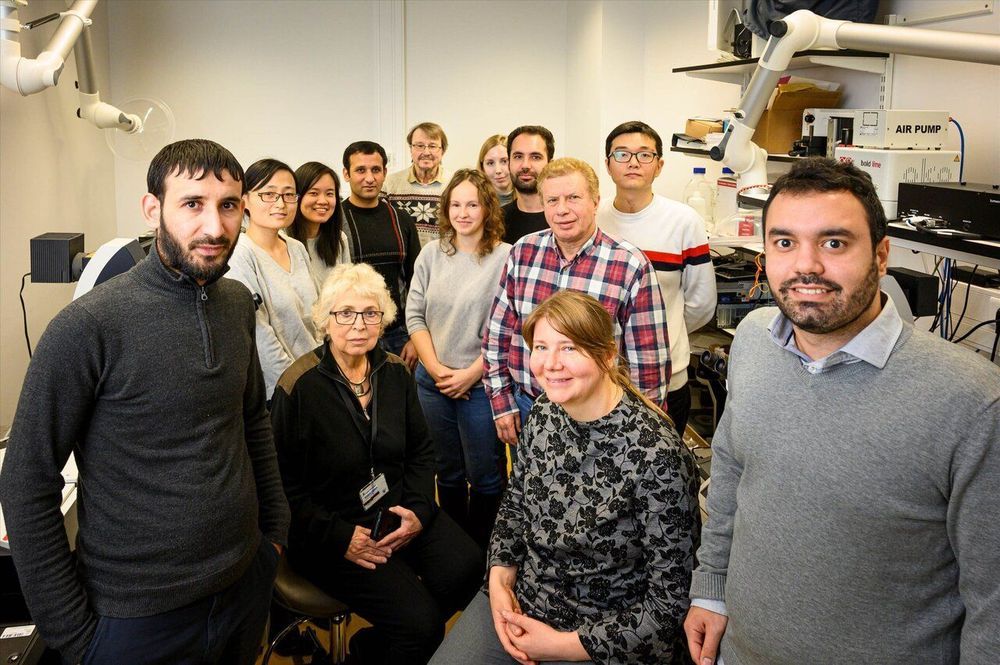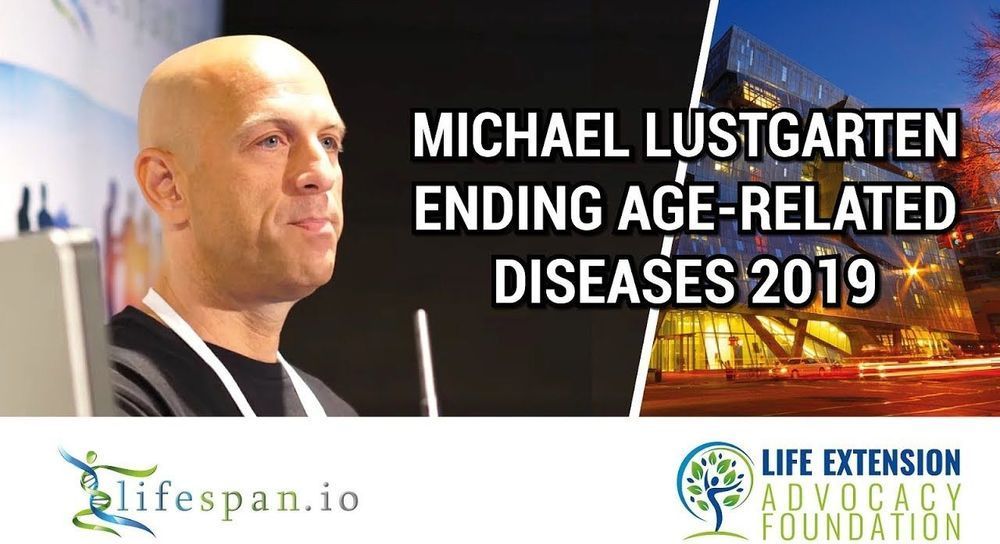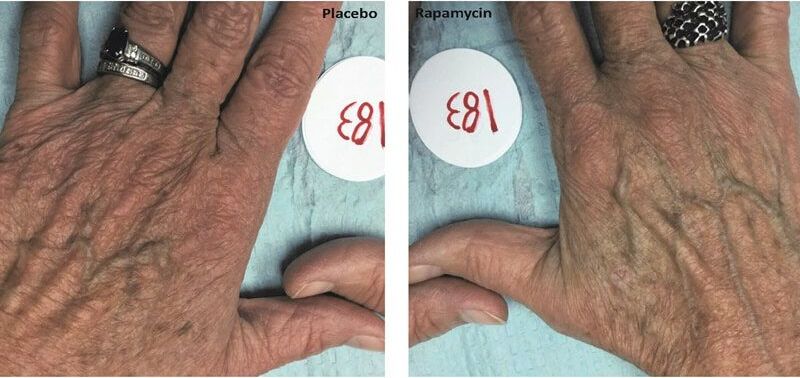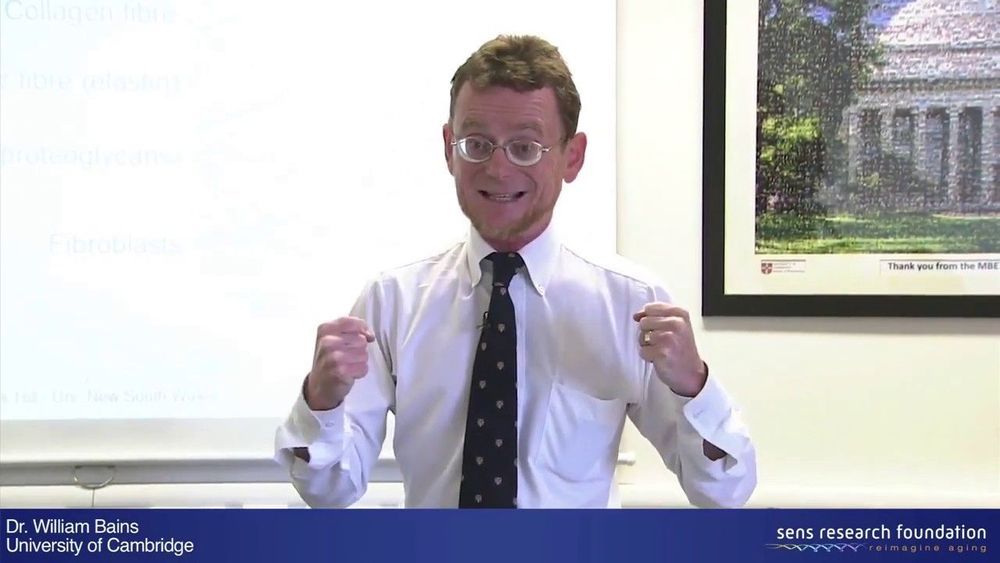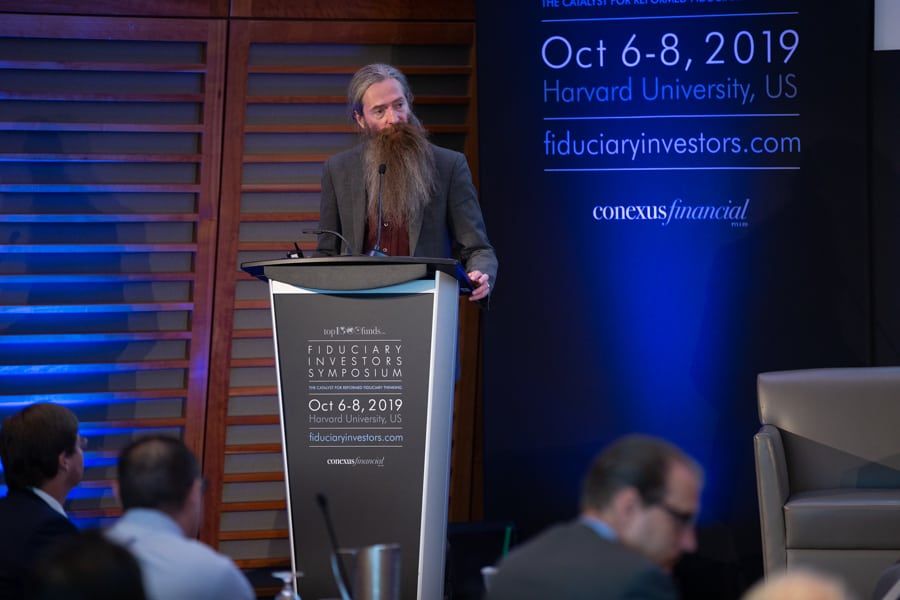Dec 2, 2019
New principle for activation of cancer genes discovered
Posted by Paul Battista in categories: biotech/medical, computing
Researchers have long known that some genes can cause cancer when overactive, but exactly what happens inside the cell nucleus when the cancer grows has so far remained enigmatic. Now, researchers at Karolinska Institutet in Sweden have found a new mechanism that renders one canonical driver of cancer overactive. The findings, published in Nature Genetics, create conditions for brand new strategies to fight cancer.
One gene that is called MYC is central for normal cell growth. However, if the gene mutates and/or becomes overactive, it could lead to abnormal cell growth and cancer. It is previously known that so-called super-enhancers, large regions in the DNA that develop near cancer genes, could somehow make the MYC gene overactive.
The current study increases our understanding of how this process takes place by highlighting how environmental cues can conspire with the architecture of the cell nucleus to cause overexpression. With the help of new laboratory techniques and computer models, the researchers show how the activation of the pathway of the signal-molecule WNT charges the super-enhancer with proteins that lures the MYC gene to the cell nucleus pores. The pores are situated on the membrane of the cell nucleus and control the flow of information between the cell nucleus and the cytoplasm.
